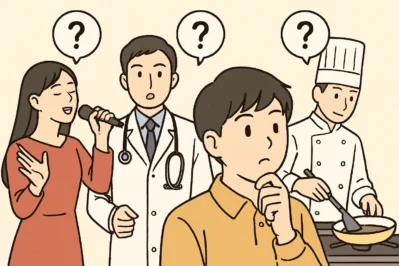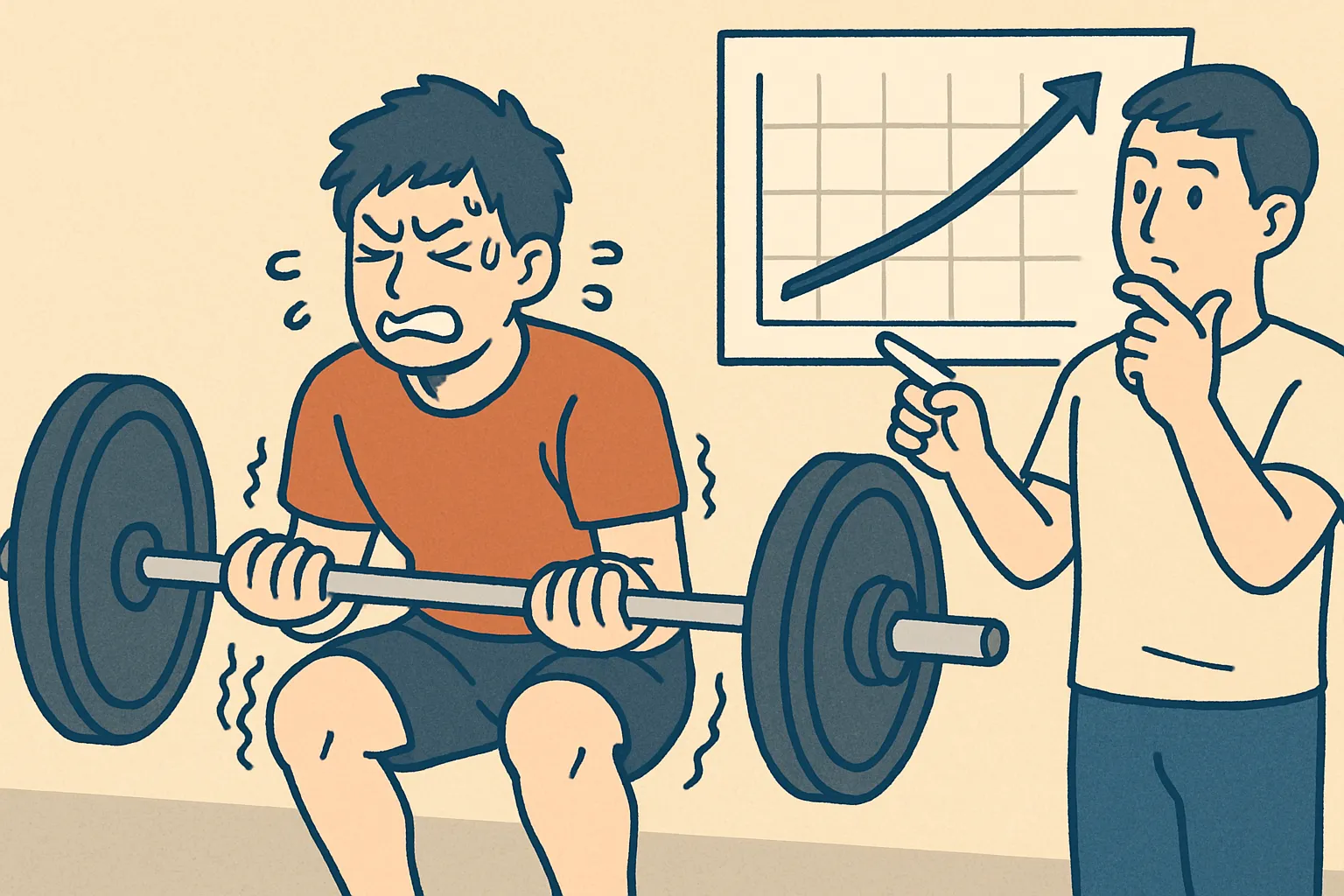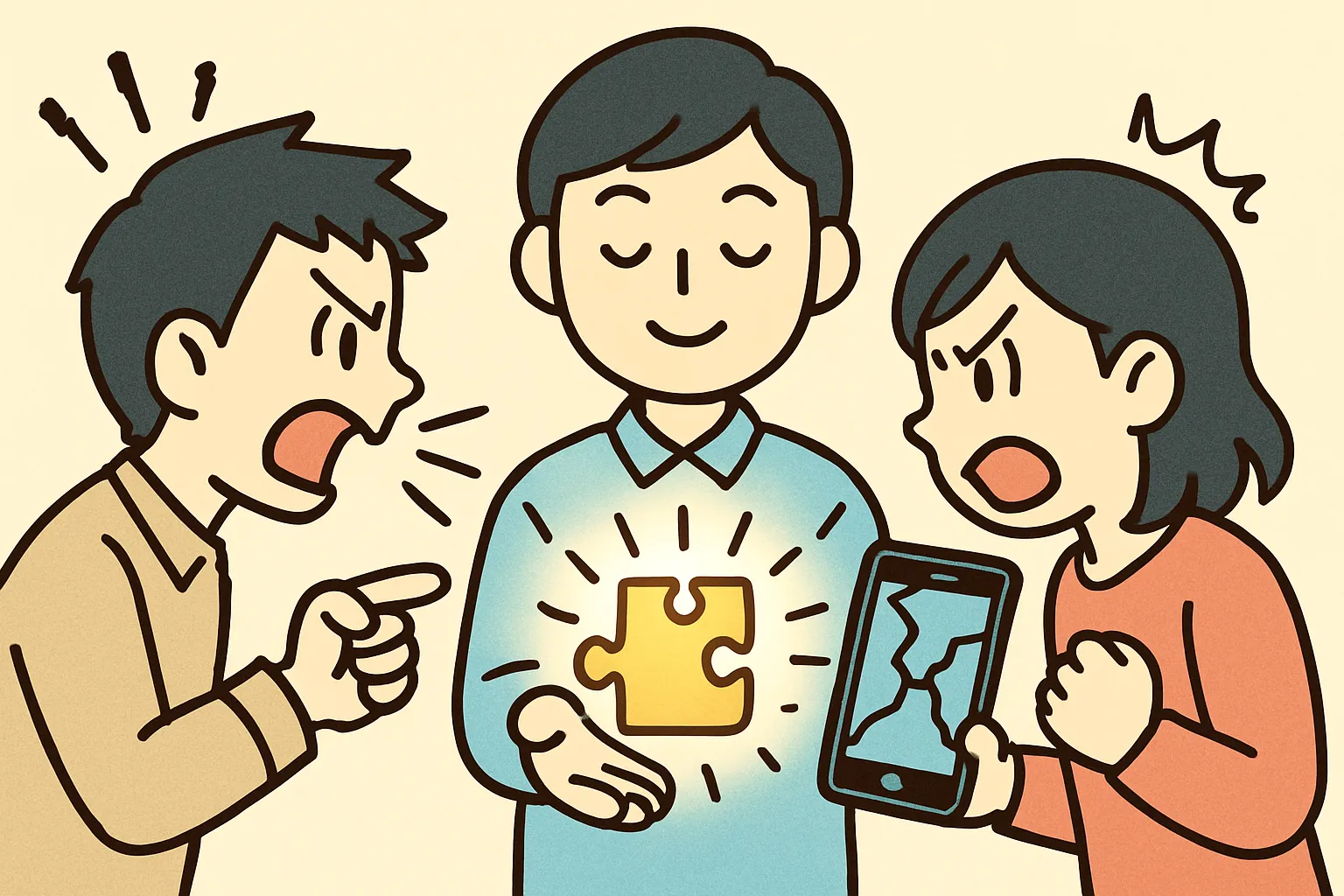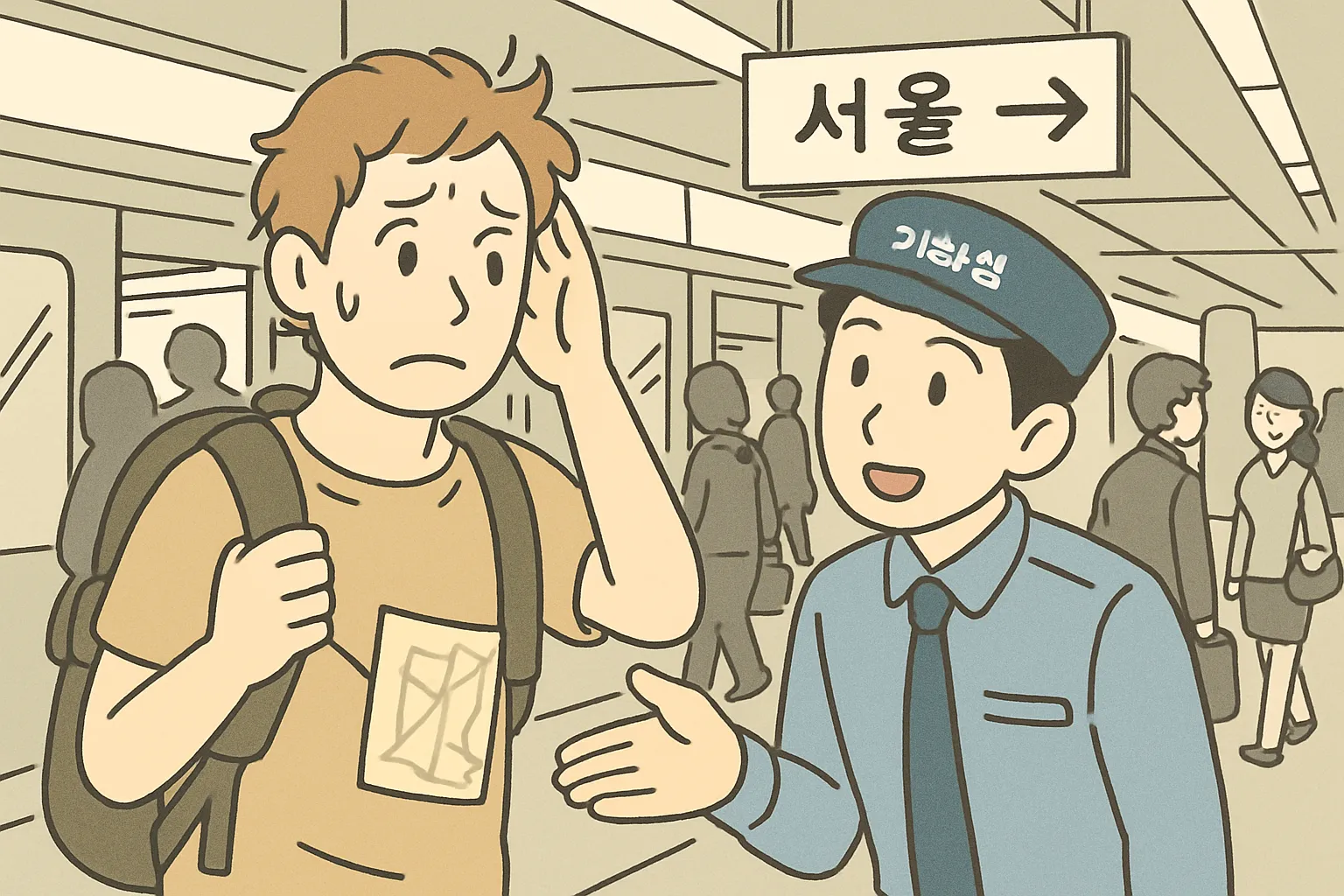Sound Like a K-Drama Star: Describe Your Job!
Hello! It’s your friendly Korean tutor, Maeil Hangeul (Daily Korean), here to upgrade your Korean skills!
Have you ever been asked, “What do you do?” and wished you could answer smoothly in Korean? Today is your lucky day! We’re going to learn a super simple and essential sentence pattern to describe what different jobs do. This is perfect for making new friends or introducing yourself.
And guess what? 요즘 한국에서는 (yo-jeum han-guk-e-seo-neun), which means “these days in Korea,” dramas about characters with cool jobs are all the rage! Take the incredibly popular K-drama “Lovely Runner” (선재 업고 튀어), where the main character is a famous idol. We’ll use examples like this to make learning fun and relevant, so you can talk about your favorite characters’ jobs, too!
Core Expressions You Need to Know
Let’s break down the magic formula for describing any job. The basic structure is: [Job]은/는 [Object]을/를 [Verb].
1. The Job & Topic Marker: 직업 + 은/는 (jigeop + eun/neun)
- Korean Expression: 가수는 (gasu-neun) / 선생님은 (seonsaengnim-eun)
- Pronunciation [Romanized]: ga-su-neun / seon-saeng-nim-eun
- English Meaning: As for a singer… / As for a teacher…
- Detailed Explanation: 은 (eun) and 는 (neun) are topic markers. They signal to the listener, “Hey, we’re about to talk about this!” It’s like saying “As for…” or “Speaking of…”
- Use 는 (neun) when the word before it ends in a vowel (like 가수 – gasu).
- Use 은 (eun) when the word before it ends in a consonant (like 선생님 – seonsaengnim).
2. The Action: (Object) + 을/를 + Verb
- Korean Expression: 노래를 불러요 (norae-reul bulleoyo)
- Pronunciation [Romanized]: no-rae-reul bul-leo-yo
- English Meaning: sings a song
- Detailed Explanation: This is the “what they do” part!
- 을 (eul) / 를 (reul) are object markers. They attach to the noun that is receiving the action. Use 를 (reul) after a vowel (노래 – norae) and 을 (eul) after a consonant (책을 – chaek-eul).
- 아요 (ayo) / 어요 (eoyo) is the most common polite, present-tense ending for verbs. For now, just remember that verbs end this way when you’re speaking respectfully.
3. Putting It All Together!
Now let’s combine them to make full sentences. This is the key takeaway for today!
- Korean Expression: 선생님은 학생을 가르쳐요.
- Pronunciation [Romanized]: Seon-saeng-nim-eun hak-saeng-eul ga-reu-chyeo-yo.
- English Meaning: A teacher teaches students.
Here are a few more examples:
- 요리사는 음식을 만들어요. (Yorisa-neun eumsig-eul mandeureoyo.) -> A chef makes food.
- 의사는 환자를 치료해요. (Uisa-neun hwanja-reul chiryohaeyo.) -> A doctor treats patients.
- 가수는 노래를 불러요. (Gasu-neun norae-reul bulleoyo.) -> A singer sings songs.
Example Conversation
See how naturally this pops up in a conversation! Let’s imagine two friends, Alex (A) and Minjun (B), talking about their families.
A: 민준 씨, 아버지는 무슨 일 하세요?
(Minjun-ssi, abeo-ji-neun mu-seun il ha-se-yo?)
Minjun, what does your father do?
B: 우리 아버지는 의사예요.
(Uri abeo-ji-neun uisa-yeyo.)
My father is a doctor.
A: 와, 멋있다! 의사는 환자를 치료하지요?
(Wa, meo-sit-da! Uisa-neun hwanja-reul chiryohajiyo?)
Wow, that’s cool! A doctor treats patients, right?
B: 네, 맞아요. 의사는 환자를 치료해요. 알렉스 씨 여동생은요?
(Ne, majayo. Uisa-neun hwanja-reul chiryohaeyo. Alleks-ssi yeodongsaeng-eun-yo?)
Yes, that’s right. A doctor treats patients. What about your younger sister, Alex?
A: 제 동생은 가수예요. “선재 업고 튀어”의 선재처럼요!
(Je dongsaeng-eun gasu-yeyo. “Seonjae eopgo twieo”-ui Seonjae-cheoreom-yo!)
My sister is a singer. Like Sun-jae from “Lovely Runner”!
B: 진짜요? 그럼 노래를 정말 잘하겠네요!
(Jinjja-yo? Geureom norae-reul jeongmal jal-ha-gen-ne-yo!)
Really? Then she must sing really well!
Culture Tip: K-Dramas & Dream Jobs
In Korea, when a K-drama featuring a certain profession becomes a massive hit, it can actually influence career aspirations, especially among young people! This phenomenon is so common that after a popular medical drama, more students might want to become doctors. After a drama about tech startups, interest in entrepreneurship might rise.
The recent success of “Lovely Runner” has put the spotlight back on the life of an idol. When you use the sentence “가수는 노래를 불러요” (A singer sings songs), you’re not just practicing Korean; you’re connecting with a cultural trend that everyone in Korea is talking about right now. Using these simple, descriptive sentences will make you sound more natural and in-the-know!
Let’s Wrap It Up & Practice!
Great job today! You learned the essential pattern [Job]은/는 [Object]을/를 [Verb] to describe what people do for a living. You can now talk about teachers, chefs, doctors, and even K-Pop idols!
Now it’s your turn to practice.
- Fill in the blank: How would you say, “A student studies”?
- 학생은 공부를 _______. (haeyo / meogeoyo / chwoyo)
- Make a sentence: Using the words below, create a full sentence.
- 배우 (baeu – actor), 연기를 하다 (yeongi-reul hada – to act)
- Sentence: _________________________.
Leave your answers in the comments below! And for fun, tell us what your job is using the pattern we learned today. I can’t wait to read them! Fighting! (화이팅!)






